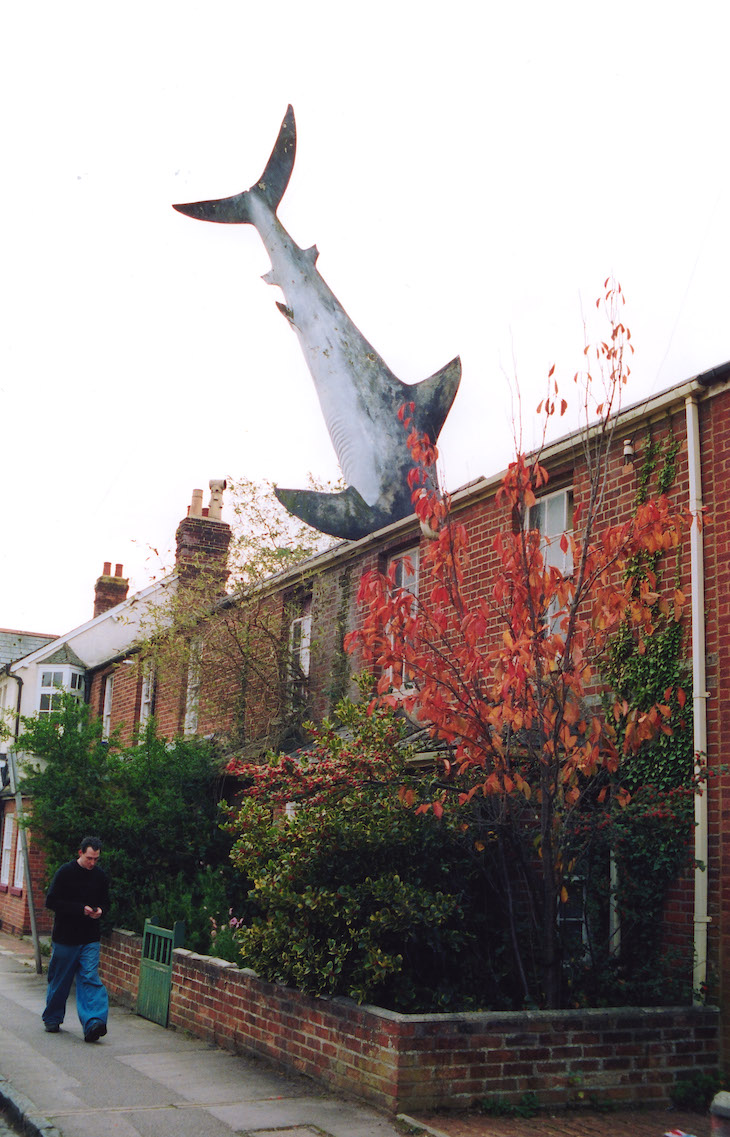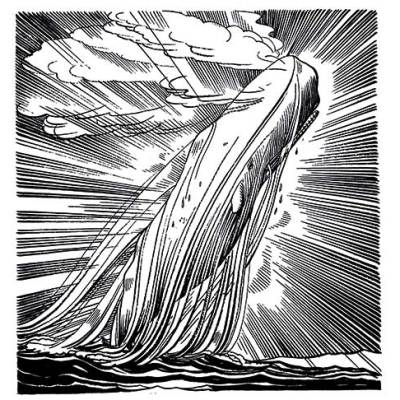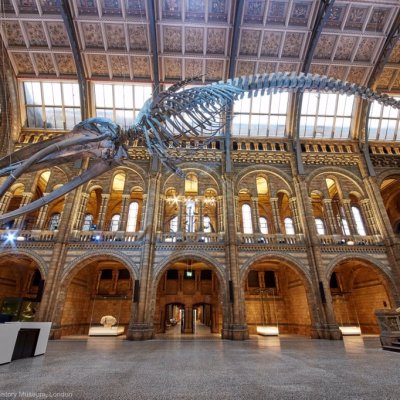Introducing Rakewell, Apollo’s wandering eye on the art world. Look out for regular posts taking a rakish perspective on art and museum stories.
You have to see it to believe it. On Sunday night, a metro train that overran its stopping blocks should by all rights have plummeted into the water below the tracks at De Akkers station in Spijkenisse, a suburb of Rotterdam. But it was saved by – quite literally – a colossal fluke, landing instead on one of two 10m sculptures of whale tails by Maarten Strulis, where it was suspended until it was removed by crane the following morning. The driver – the only person on the train at the time – walked away unscathed.
Some news outlets have reported the uncanny fact that the sculpture is entitled Saved by the Whale’s Tail – though it has only been thus called since Monday morning, and it’s fair to say that the artist was as gobsmacked as everyone else. Strulis said that he’d never have thought the reinforced polyester strong enough to pull off such a feat.
Untitled (‘The Headington Shark’; 1986), John Buckley. Photo: Photofusion/Universal Images Group via Getty Images

One fellow artist who, Rakewell suspects, might be fairly tickled by the news from Rotterdam is John Buckley. Strulis’s sculpture calls to mind Buckley’s Untitled (1986), better known as ‘The Headington Shark’ – a 25-foot long fibreglass Great White, embedded headfirst in the roof of a house in Oxford. The late Bill Heine, the owner of both house and sculpture, was embroiled in a lengthy battle with Oxford City Council when the work was first erected, on the grounds that it endangered passers-by. Eventually, the council backed down in the face of local support. Should health and safety ever come knocking again, Heine’s son, who now owns the ‘Shark House’, may well have the definitive retort.
Got a story for Rakewell? Get in touch at rakewell@apollomag.com or via @Rakewelltweets.




